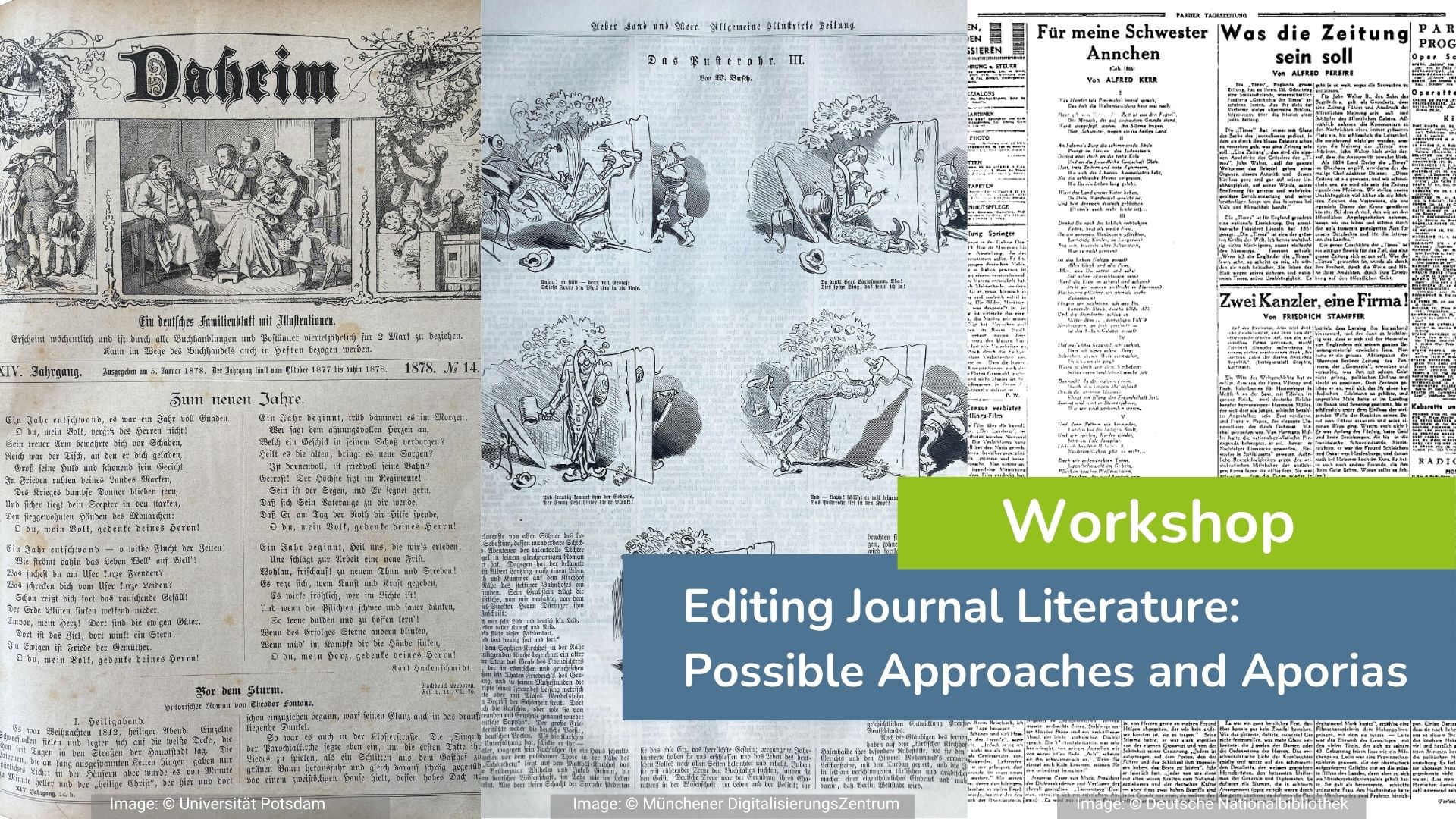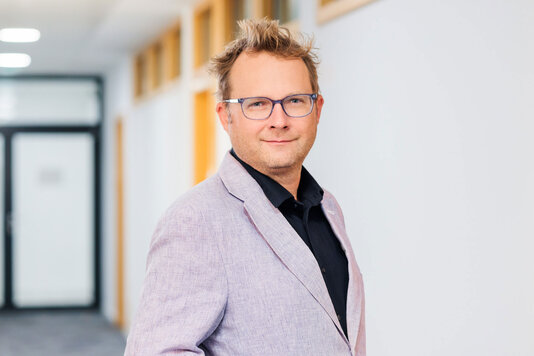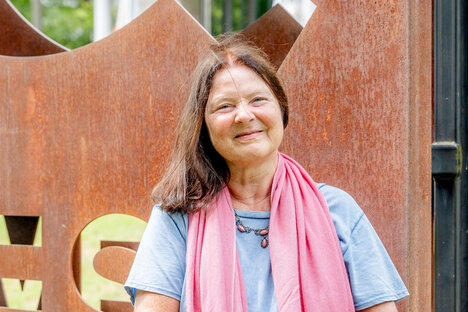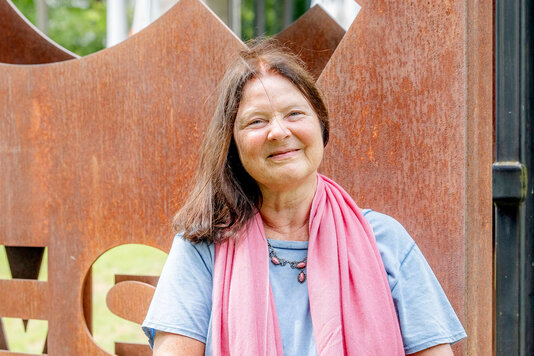
Literary texts published in journals are embedded in a medial continuum. They are often serialised and participate in a pluralistic form of authorship characteristic of journalistic practices. This workshop initiates a discussion between journal literature research and editorial philology – with a focus on 19th-century literature, for which first publication in newspapers or magazines was almost the norm.
The workshop will largely be held in German.

While editorial philology considers itself bound in all editorial and textual-critical matters to the documented or plausibly assumed authorial intent and defines its area of study as the works of an author, texts published in journals are subject to the format constraints of the respective publication medium: they never appear in isolation but are always embedded in a medial continuum with porous boundaries to other texts. These texts are often serialised, and they participate in a pluralistic form of authorship – frequently marked by anonymity, pseudonymity, or by placing the author’s name at the end of the final instalment – characteristic of journalistic practices.
Despite this, there is no focused scholarly exchange between journal literature studies and editorial philology that systematically addresses the resulting questions and aporias – especially concerning 19th-century literature, for which such first-publication scenarios were almost the norm. The planned workshop aims to intervene at this point by initiating a discussion – so far neglected or bypassed – between journal literature research and editorial philology.
The workshop is co-organised by Sean Franzel, Professor of German Studies at the University of Missouri (USA) who is a Senior Fellow at the College from September 2025 on, and Nicola Kaminski, Professor of German Studies at Ruhr University Bochum.
In Journalen veröffentlichte literarische Texte stehen immer in einem medialen Kontinuum, sind häufig in Lieferungen gebrochen und partizipieren an einer pluralen Autorschaft, die für die journalistische Praxis charakteristisch ist. Dieser Workshop initiiert eine Diskussion zwischen Journalliteraturforschung und Editionsphilologie. Ein Schwerpunkt liegt auf der Literatur des neunzehnten Jahrhunderts, für die die Erstveröffentlichung in Zeitungen oder Zeitschriften beinah den Regelfall darstellte.
Der Abdruck literarischer Texte in Zeitungen oder Zeitschriften einerseits, die Praktiken der Editionsphilologie andererseits stehen sich in ihren je zentralen Prämissen diametral gegenüber, insbesondere was den Stellenwert von Autorschaft und Werkförmigkeit angeht. Während die Editionsphilologie sich in allen editorischen und textkritischen Belangen dem dokumentierten oder begründet vermutbaren Autorwillen verpflichtet weiß und als ihren Gegenstandsbereich die Werke eines Autors definiert, unterliegen in Journalen veröffentlichte Texte den Formatbedingungen des jeweiligen Publikationsmediums: stehen nie allein, sondern immer in einem medialen Kontinuum mit durchlässigen Grenzen zu anderen Texten, sind häufig in Lieferungen gebrochen, partizipieren an der pluralen, durch Anonymität, Pseudonymität oder Postposition des Autornamens ans Ende der letzten Textlieferung schwach ausgeprägten journalistischen Autorschaft.
Dennoch gibt es zwischen Journalliteraturforschung und Editionswissenschaft keinen problembezogenen Forschungsaustausch, der aus dieser Sachlage sich ergebende Fragen und Aporien, zumal für die Literatur des neunzehnten Jahrhunderts, für die solche Erstpublikationskonstellationen beinah den Regelfall darstellen, systematisch zum Gegenstand machte. Vielmehr kommt es bestenfalls zu Einzellösungen innerhalb größerer Werkausgaben wie der Brandenburger Kleist-Ausgabe, der Historisch-kritischen Gesamtausgabe der Werke Stifters oder der Kritischen Robert Walser-Ausgabe.
An diesem Punkt soll der geplante Workshop ansetzen und zwischen Journalliteraturforschung einerseits, Editionsphilologie andererseits eine bislang versäumte oder umgangene Diskussion in Gang bringen, die das skizzierte Problem als zentrale Aufgabe beider Forschungsrichtungen anerkennt.
Introduction | Einleitende Worte
Nicola Kaminski & Sean Franzel
The Print Series, the Book, and the Remediation of Antiquity
Noah Heringman
Coffee break | Kaffeepause
Editionsphilologie ohne Biß?
»Das Pusterohr« von W. Busch in Ueber Land und Meer (Andreas Beck)
Andreas Beck
Lunch break | Mittagessen
Zeitlichkeiten von Journalpublikation, Entzeitlichung im Buch: warum es lohnt, Fontanes »Vor dem Sturm« im illustrierten Familienblatt Daheim zu lesen, und was editorisch daraus folgt
Sean Franzel & Nicola Kaminski
Coffee break | Kaffeepause
Editorische Werkstatt: Journalliteratur edieren am Beispiel von Daheim, No. 16 (19. Januar 1878)
End of day 1 | Abschluss Tag 1
Bruchstellen:
Überlegungen zur Buch- und Journalförmigkeit bei Fontane
Petra McGillen
Coffee break | Kaffeepause
Literaturjournalismus edieren.
Überlegungen anlässlich der Arbeit an den »Literaturkritiken« in der Großen Brandenburger Ausgabe der Werke Theodor Fontanes
Philipp Böttcher & Peer Trilcke
Lunch break | Mittagessen
Nichts Neues in der Vossischen?
Volker Mergenthaler
Coffee break | Kaffeepause
Zwischen »Straßenräubern« und »Schicksalsgenossen«: Der Vorabdruck von Klaus Manns »Mephisto« in der Pariser Tageszeitung
Bodo Plachta
Schlussdiskussion | Final Discussion
Closing | Abschluss des Workshops

Prof. Sean Franzel
University of Missouri (USA) | German Studies, Periodical Studies, Media History
E-mail: sean.franzel@college-uaruhr.de
Sean Franzel is Professor of German at the University of Missouri (USA) and holds the William H. Byler Distinguished Chair in the Humanities. His research focuses on the literary, intellectual and media history of the 18th and 19th centuries. His current research involves work on periodical literature and editorial philology, and on German-American journalists and transatlantic publishing networks. He recently published an interdisciplinary study of the Romantic and Idealist lecture that intervenes in media history, the history of scholarly culture, theories of publicity, and Romantic legacies in aesthetic and political discourse. His monograph Writing Time: Studies in Serial Literature, 1780-1850 (2023) is a study of temporality and seriality in the nineteenth-century periodical. It was supported by the Alexander von Humboldt Foundation and was awarded the Aldo and Jeanne Scaglione Prize for Studies in Germanic Languages and Literatures.
Recent editorial projects include a co-edited anthology of major programmatic texts of cultural journalism from the first half of the 19th century (Cultural Journalism in Germany, 1815–1848: A Critical Anthology, 2025); a co-edited volume on the inventory as cultural technique and media practice (Taking Stock: Media Inventories in the German Nineteenth Century, 2024); and a co-edited and co-translated collection of essays by Reinhart Koselleck (2018).
 ©
© RUB Marquardt
©
© RUB Marquardt
 ©
© RUB Marquardt
©
© RUB Marquardt
Nicola Kaminski is Professor of German at Ruhr University Bochum. Her research interests focus on the semantic potential of material manifestations of literature from the early days of book printing to the second half of the 19th century. Since 2010, she has developed a material-philological research approach in several books together with Volker Mergenthaler (University of Marburg) and as spokesperson for the research group ‘Journalliteratur: Formatbedingungen, visuelles Design, Rezeptionskulturen’ (Bochum, Marburg, Cologne, 2016–2022) funded by the German Research Foundation (DFG), which combines close reading in literary studies with the methodology of print analysis in book studies. The work in this research network, from which book publications such as Optische Auftritte. Marktszenen in der medialen Konkurrenz von Journal-, Almanachs- und Bücherliteratur (2019), Zeit/Schrift 1813-1815 oder Chronopoetik des ‘Unregelmäßigen’ (2022), Die journalliterarische Leseszene im Spiegel des Modebilds. Modellversuch zur ‘Wiener Zeitschrift’ 1816-1849 (2022) oder Vor Reclams Universal-Bibliothek. Mediale Genealogien der ‘Classiker’-Reihen ab 1810 (2025; in print) emerged, was and is in close contact with international journal literature research, especially the Anglo-Saxon branch oriented towards book studies.